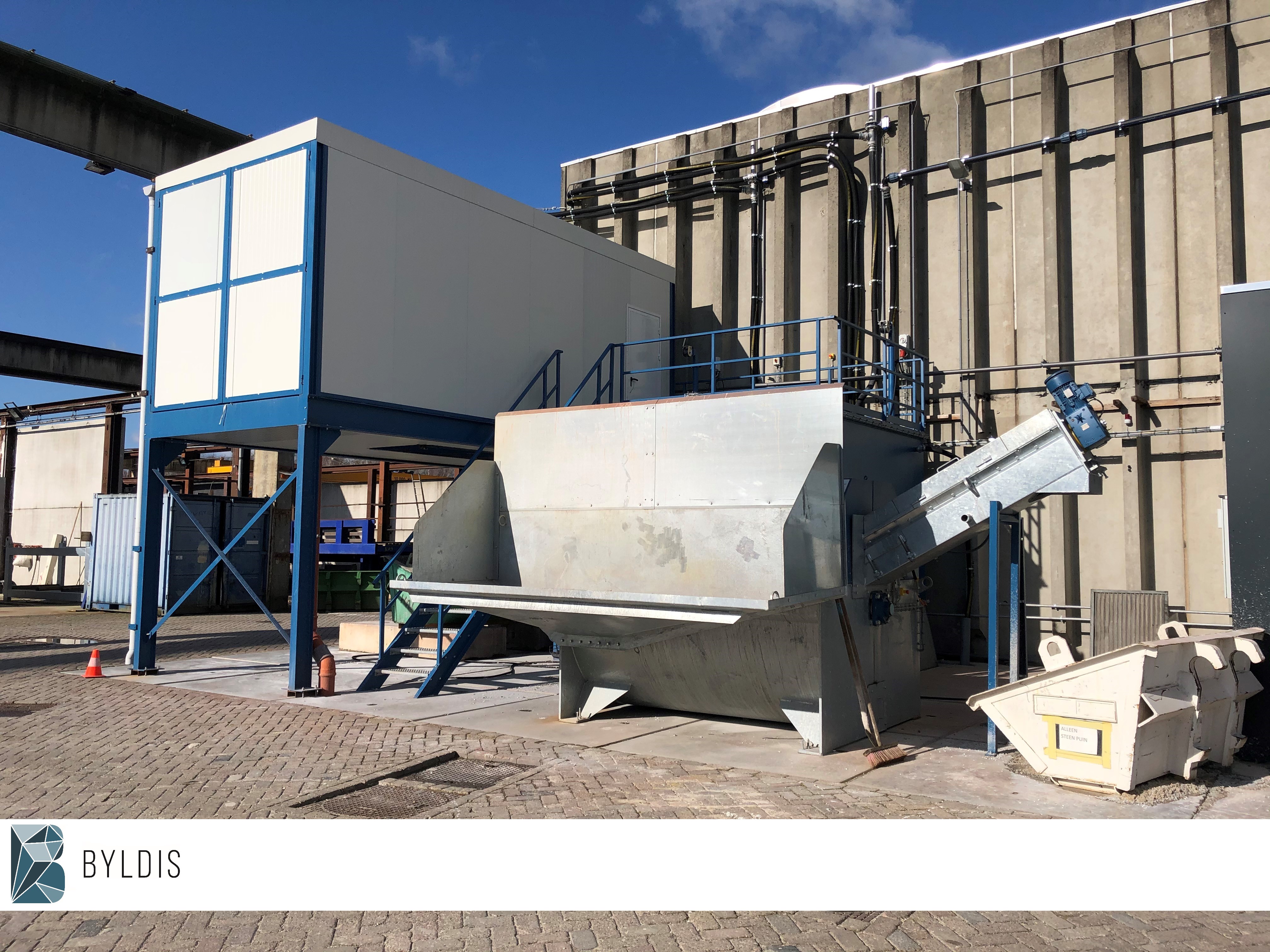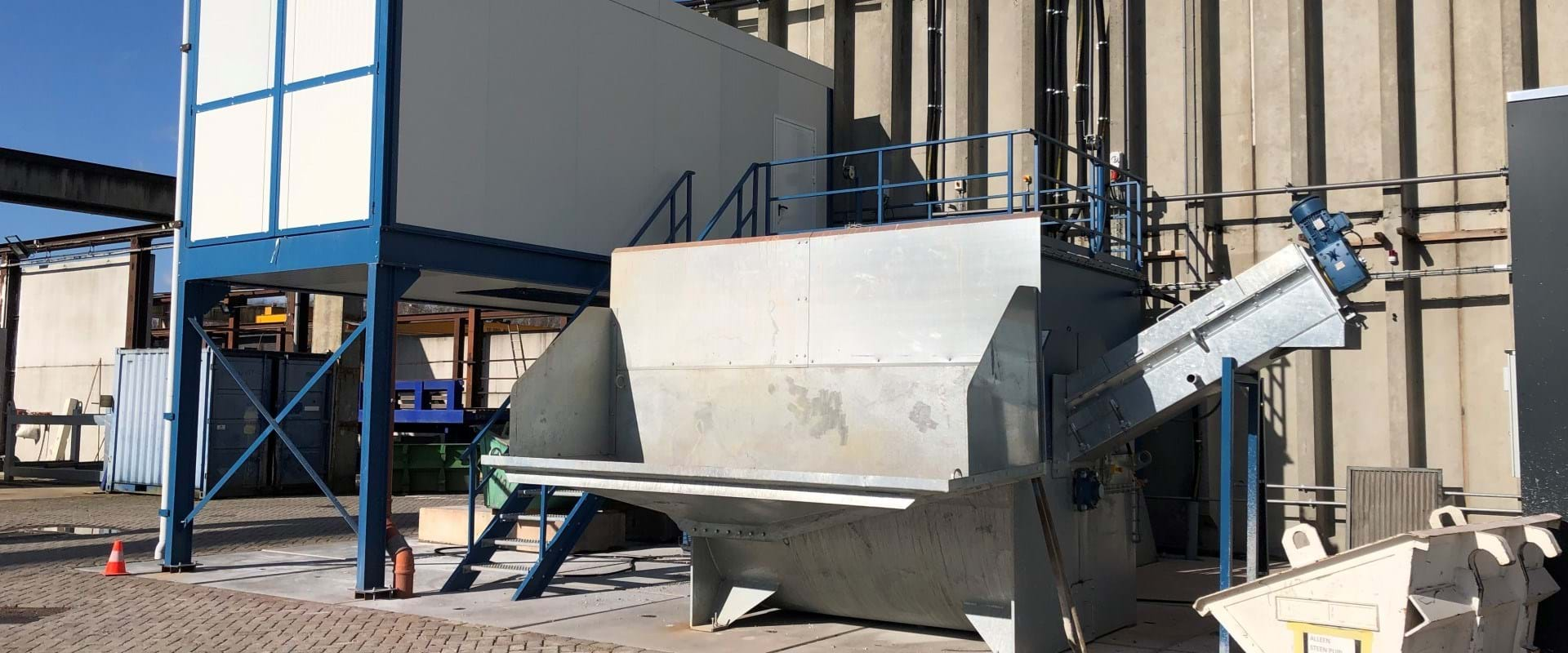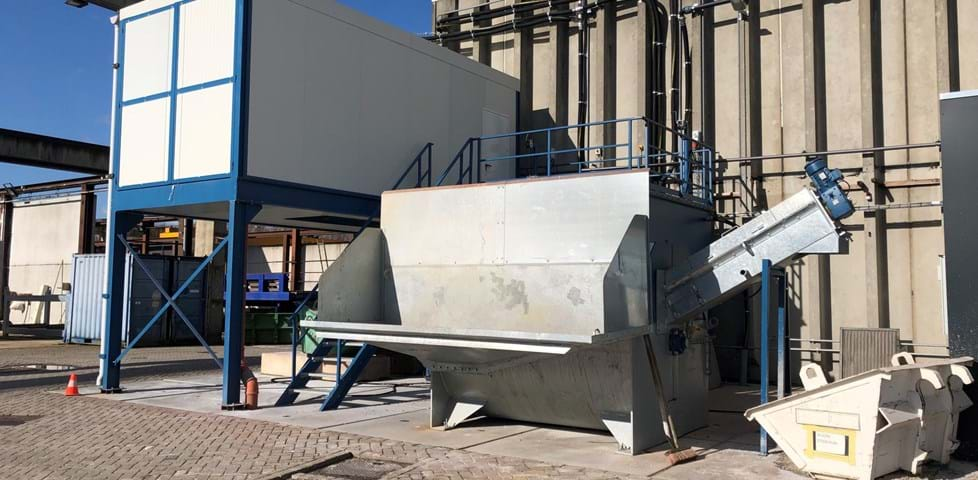
Residual concrete recycling system at the Byldis Prefab factory in Veldhoven
Byldis actively involved in Corporate Social Responsibility
Read more

Byldis actively involved in Corporate Social Responsibility

Residual concrete recycling system at the Byldis Prefab factory in Veldhoven